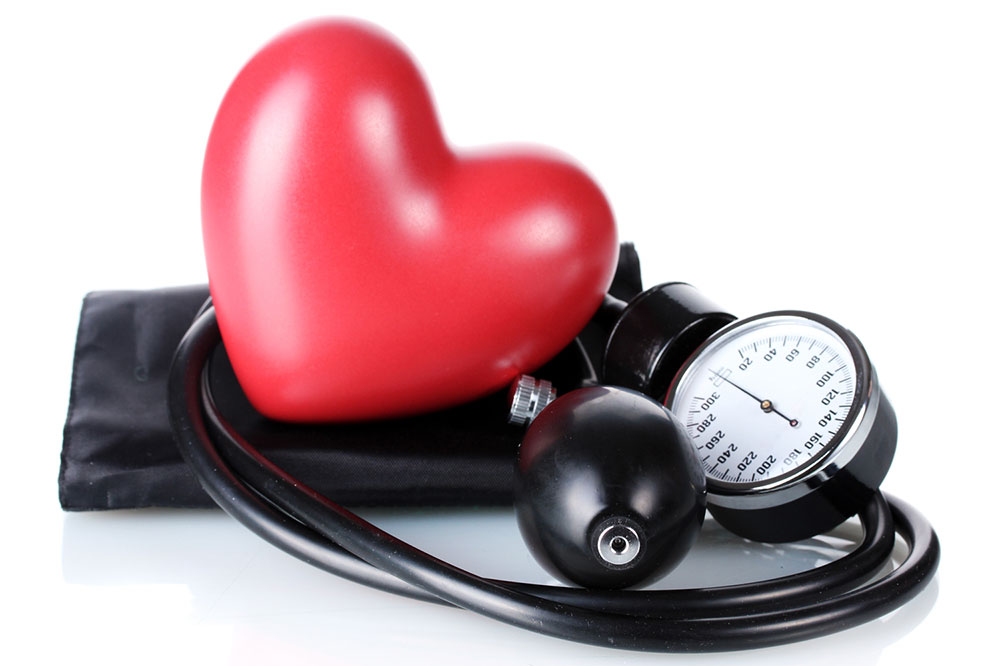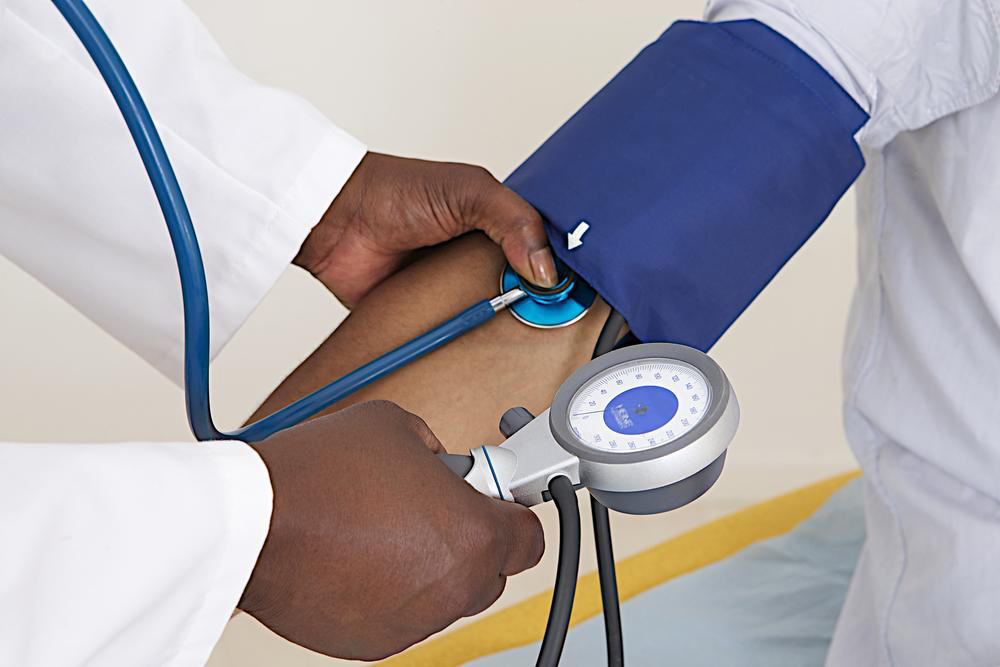Comprehensive Guide to Heart Health and Hypertension Management
This comprehensive article explores the critical relationship between hypertension and heart health. It discusses how high blood pressure damages cardiac structures, leads to conditions like hypertrophic cardiomyopathy, and increases risks for heart failure and heart attacks. Emphasizing the importance of regular monitoring, lifestyle changes, and medical management, it provides practical advice to prevent severe cardiovascular complications. Whether you are at risk or already diagnosed, understanding these connections empowers better health decisions and proactive prevention to safeguard your heart.

Understanding the Crucial Link Between Heart Health and Hypertension
Hypertension, often referred to as high blood pressure, is a widespread condition that silently damages the cardiovascular system over time. Many individuals remain unaware of their elevated blood pressure levels because the symptoms are subtle or absent, making regular monitoring essential. If left unchecked, hypertension can contribute to serious health consequences, including strokes, heart attacks, and permanent disabilities, thereby drastically reducing the quality of life. Recognizing how hypertension impacts heart health is imperative for taking proactive measures to prevent these adverse outcomes.
Hypertensive Cardiomyopathy: A Key ComplicationHypertensive cardiomyopathy is a condition that exemplifies how persistent high blood pressure can cause structural and functional changes in the heart. Chronic hypertension exerts extra workload on the heart, particularly affecting the myocardium, leading to thickening of the heart muscle, especially in the left ventricle. This condition can progress to arrhythmias, heart failure, and other severe cardiovascular issues. Medical studies suggest that sustained systolic or diastolic blood pressure readings consistently above 120/180 mmHg significantly increase the risk of developing hypertensive heart disease. It underscores the importance of early detection and continuous management of blood pressure to avoid long-term damage.
High blood pressure impacts both the coronary arteries and overall cardiac function through multiple biological mechanisms. Damage to the endothelium, the inner lining of arteries, can lead to reduced elasticity and promote the formation of atherosclerotic plaques. These plaques can cause narrowing or blockages, increasing the risk of coronary artery disease and heart attacks. Furthermore, elevated blood pressure can cause the heart's left ventricle to enlarge—a condition known as left ventricular hypertrophy—which might lead to deficiencies in cardiac efficiency and eventually heart failure. Proper blood pressure control is therefore critical for preserving heart health and preventing these potentially life-threatening complications.
How Hypertension Affects Cardiac Structures and Overall FunctionHypertension damages the heart and its blood vessels in several important ways:
Coronary artery damage: Elevated pressure can injure arterial walls, causing narrowing and reducing blood flow, which results in angina, myocardial infarction, and rhythm disorders.
Left ventricular hypertrophy: The heart contends with increased resistance and pressure, leading to thickening of the ventricular walls—raising the risk of heart failure and death.
Progression to Heart Failure: Chronic strain weakens the myocardium, impairing the heart’s ability to pump blood effectively, which can culminate in congestive heart failure.
Over time, these structural and functional changes compromise cardiac efficiency, leading potentially to life-threatening events such as heart attacks. Common symptoms include chest pain, breathlessness, dizziness, and nausea. Prevention hinges on lifestyle modifications, regular health screening, and medical interventions when necessary.
To mitigate risks related to hypertension, individuals should actively monitor their blood pressure levels through routine checkups. Engaging in at least 150 minutes of moderate-intensity physical activity weekly, adopting a diet low in salt and saturated fats, managing stress through techniques like meditation or yoga, avoiding smoking, and controlling other health issues such as diabetes and high cholesterol are fundamental strategies. Personalized guidance from healthcare providers can optimize blood pressure management and enhance overall heart health, contributing to a longer, healthier life.





